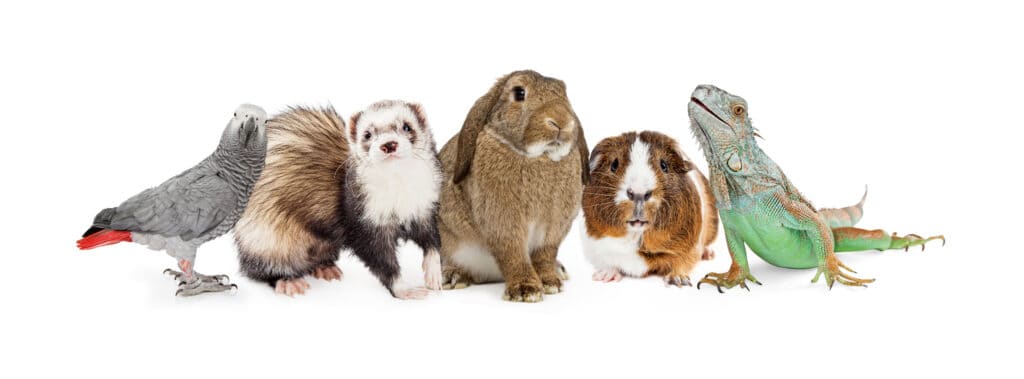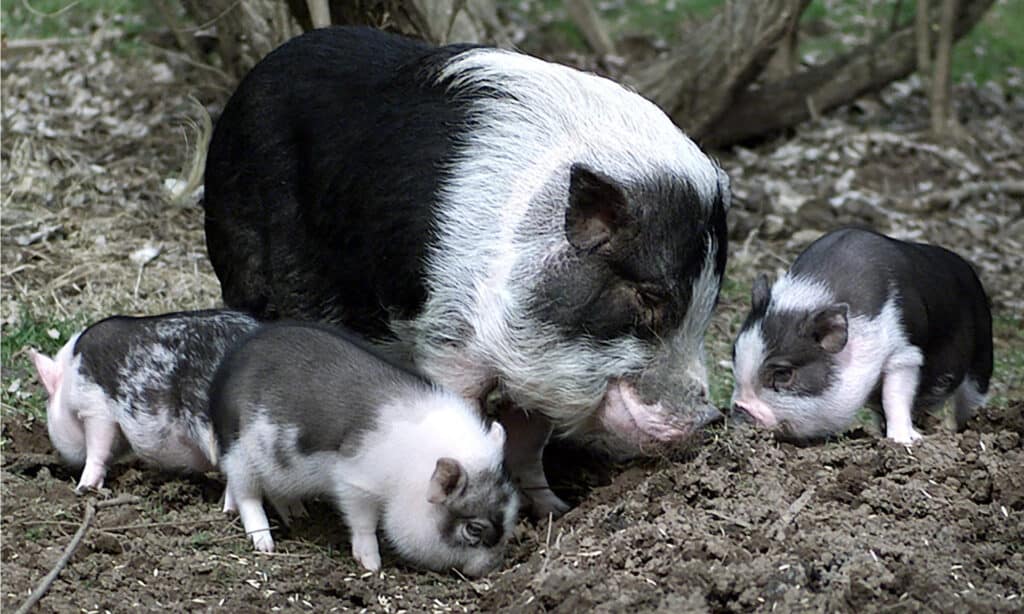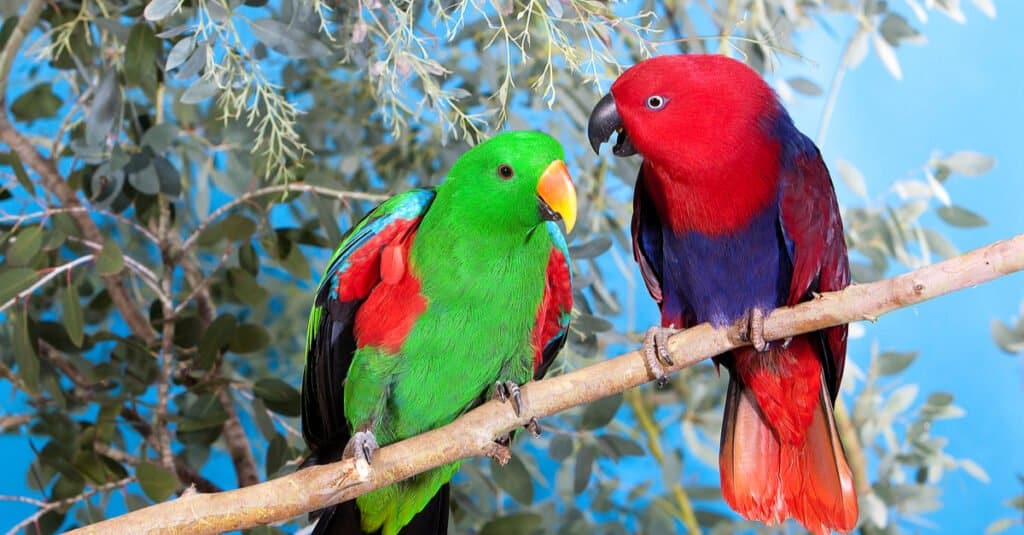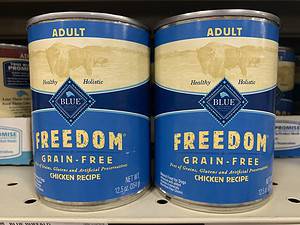Exotic pet insurance is an excellent method to protect pets that are classified as “exotic.” Reptiles, rabbits, birds, rats, and other animals are among them. In today’s world, Americans have a vast variety of pets. Although most people stick to the tried-and-true dogs and cats for companions, some are branching out into more unusual terrain.
Many people find that training an African Grey Parrot to communicate is really satisfying, or that a cuddly bunny is preferable to a dog. Small animals, such as mice, can, however, have health problems, and it is your responsibility as a caring pet owner to provide care for these creatures if something goes wrong.
The out-of-pocket expenses will be reduced with exotic pet insurance, and you will be able to provide your pet with the treatment it needs if it requires it. Below is everything you need to know to be properly prepared to get health insurance for just about any pet.

Reptiles, rodents, and birds are among animals labeled as “exotic pets.”
©GoodFocused/Shutterstock.com
Why is Exotic Pet Insurance Important?
Exotic pets, just like every other pet, require insurance. They are susceptible to infections and injuries. It’s also essential to take animals to the vet on a regular basis for check-ups, vaccines, and diagnostic tests in the event that something isn’t quite right.
Exotic pets, in particular, should be insured since they are likely to require immediate medical attention if they become unwell. Birds, for example, are particularly vulnerable to parasites.
Whereas a dog or cat may be able to survive with a parasite illness for months or even years, a bird may require prompt treatment. Some parasites are actually fatal to birds. You may rest confident that their medical expenses will be covered if you obtain exotic pet insurance.
Reptiles, for example, are extremely sensitive to their surroundings. If it becomes too chilly for them, for example, they may quickly become ill. If other exotic pets are introduced to warmer temperatures in the summertime, they may require medical treatment.
Your exotic pet is vulnerable to harm. Dogs, for example, frequently assault pet pigs. While all of the pets in your family may get along, a strange dog in the area may not be so tolerant of your pig companion.
Some exotics, such as rodents, have a habit of putting objects in their mouths that aren’t supposed to be there. Rats are known to take a chunk out of an electric wire, which can result in serious injury, and even death. Exotic pets may also consume foods or items that their bodies are unable to digest, resulting in a minor medical crisis that is covered by pet insurance.

Nationwide Pet Insurance offers cover for exotic pets such as these potbellied pigs.
©Wendy M. Simmons/Shutterstock.com
What Does Exotic Pet Insurance Cover?
Plans for exotic pets are comparable to those for domestic animals. Major health difficulties, such as acute sickness, catastrophic injuries, and chronic disease, are frequently covered. Preventative treatment, such as diagnostic testing, frequent veterinarian check-ups, and extended boarding, is covered under more comprehensive coverage.
You could be able to obtain coverage that covers emergency dental claims for mammalian exotics including hogs, guinea pigs, hamsters, and ferrets. Alternative therapies for your exotic or avian buddy will be covered as well, as long as they are provided by a certified veterinarian and are for an illness covered by the policy. Non-hereditary malignancies, as well as medications and operations, are covered.
Common Claims for Exotic Pets
When comparing cats and dogs, exotic pets have unique challenges. Pet parents of feathered, exotic, and reptilian pets frequently file claims for wing problems and skin/shell illnesses. Cat and dog owners, on the other hand, frequently submit claims for dental disorders, skin conditions, and ear infections.
Types of Exotic Pet Insurance Plans
Finding a variety of coverage that includes your feathery or exotic pet will be tough. Nationwide Insurance, on the other hand, provides comprehensive coverage for dogs and cats.
They have been the only insurer that covers birds and exotic pets in the United States. The Avian and Exotic Pet Plan is the name of their policy. Most birds, as well as guinea pigs, frogs, reptiles, potbellied pigs, and other exotic pets, are covered.

Pet birds, like these eclectus parrots (green male and red female) often “mask” their symptoms so owners need to observe them carefully for signs of illness.
©slowmotiongli/Shutterstock.com
Benefits of Nationwide Pet Insurance
Pet owners may choose from a variety of insurance coverage choices from Nationwide. If you want support for health emergencies, a policy that includes wellness care, or a mix of the two, Nationwide can help you choose a plan that meets your needs.
If you have birds or amphibians, Nationwide offers insurance for your feathery or scaly companions. Are you searching for a company with a lengthy history in the insurance sector? Look no further than Nationwide, which has been offering insurance and investment alternatives to customers for years.
Nationwide Pet Insurance Waiting Periods
In most cases, pet insurance providers require you to wait a set period of time prior to your plan beginning to reimburse you for veterinarian costs. A waiting time is what this is called. Nationwide, for instance, has a two-week waiting time for accidents and illnesses.
The industry standard is a two-week accident waiting time, however, some insurers offer reduced accident waiting periods. Furthermore, not all pet insurance companies have longer waiting periods for other ailments including ligament or knee problems. For these sorts of problems, ASPCA’s pet health insurance, for example, has no waiting time.
Exotic Pet Insurance Alternatives
If you exotic pets are in need of medical care or in danger, these alternatives give financial assistance in a number of ways.
The companies we’ll explore below are substantially more permissive than pet insurance in terms of legal requirements, underwriting, tests, waiting periods, age restrictions, and so forth. They don’t necessitate any of this, but they don’t entirely negate the importance of putting insurance coverage in effect.
Pet Assure
According to the company, over 150,000 pet owners have enrolled with Pet Assure. They offer pet insurance for animals of various types, sizes, genders, species, and ages. For a single monthly cost, you’ll receive a 25% savings on any in-house veterinary surgery.
All hereditary, genetic, and pre-existing diseases, as well as any other health issues, are taken into account. You receive a 45-day trial period to check out the services with no holding limits, payout limitations, or deductibles.
There are a few disadvantages to Pet Assure, such as the reality that their discount isn’t valid at all animal hospitals. The 25% discount is available at approximately 5,600 clinics in the United States, Canada, and Puerto Rico. The Pet Assure discount is not applicable to prescription medications.
CareCredit
CareCredit Veterinary Financing is a one-of-a-kind strategy to keep you ahead of your exotic pet’s needs. A credit card is an alternative which you may use for any veterinary service. This covers any accidents, illnesses, health, or preventive treatment your fish receives.
There are no monthly fees. It is recognized by 225,000 healthcare practitioners, health-focused stores, and a few national health systems and hospitals, although not all veterinary clinics accept it.
Medical expenses for pre-existing and genetic conditions, like Pet Assure, can be covered using the CareCredit card. There are no age restrictions, no waiting periods, and no deductibles.
Final Thoughts
Keeping an exotic pet may be both costly and dangerous. Exotic pets demand more upkeep and veterinary care than domestic cats or dogs. Exotic pets, unlike dogs and cats, are prone to recurring ailments that are peculiar to their breed. Pet ownership for exotic animals has risen drastically in popularity over the previous decade.
In these cases, exotic animal liability insurance might save the day financially. Up to the policy’s coverage limitations, these plans will reimburse third parties for personal injury or property damage caused by exotic animals. If the matter proceeds to court, this insurance will indeed pay the expenses of the policyholder’s legal defense.
If Nationwide doesn’t sound like something you’re interested in, please consider one of the alternatives available. Remember, being a pet owner comes with many responsibilities, including keeping your companion healthy and safe!
Up Next
- Best Insurance for Your Exotic Pet
- Exotic Pet Ownership By State
- Is Pet Insurance Worth It?
- What Does Pet Insurance Cover?
The photo featured at the top of this post is © iStock.com/Marcela Ruth Romero
Thank you for reading! Have some feedback for us? Contact the AZ Animals editorial team.







